by Justin Mckibben | Apr 17, 2018 | Donald Trump, Marijuana, Medical Marijuana, News
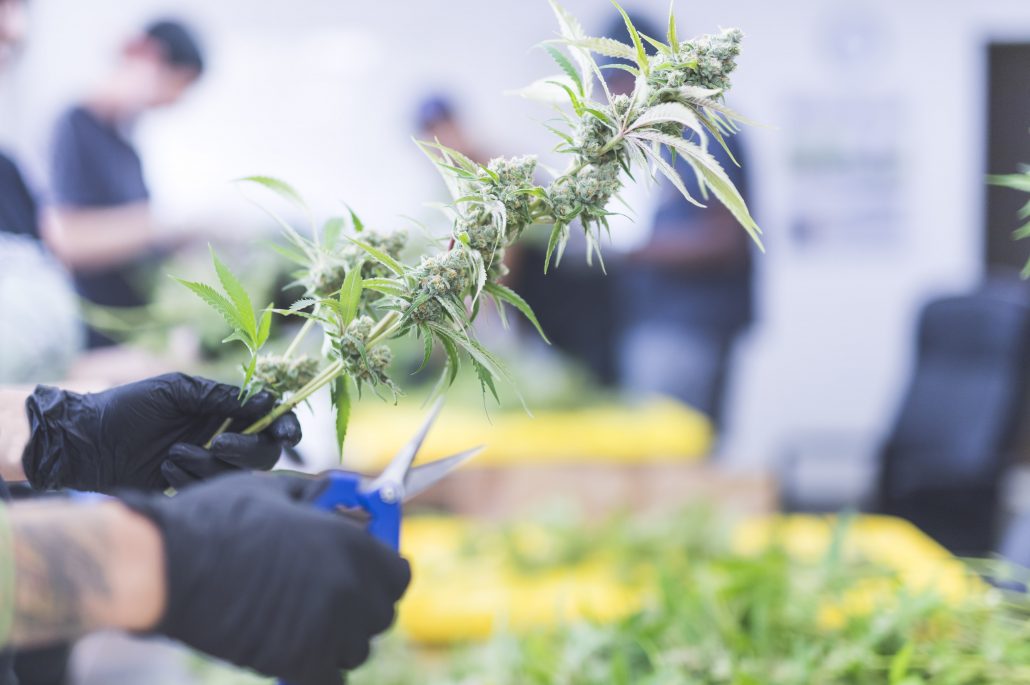
When the Trump administration’s Attorney General Jeff Sessions said in January he was determined to “return to the rule of law” in America, with the intention of enforcing federal prohibition of cannabis in all 50 states, it created quite a bit of backlash. Many officials in states where marijuana had been legalized either medically or for recreational use spoke out against it.
Just a few days after former Republican Speaker of the House John Boehner endorsed decriminalization, it seems there is more big news concerning cannabis.
Now, it seems President Trump himself is turning on Sessions. A recent report states that Trump has promised to support legislation that will protect the marijuana industry in states that have already legalized the drug.
Trump and Cannabis
During the 2016 Presidential campaign, then-candidate Trump was relatively inconsistent about his own position on cannabis. At one moment, he would pledge that he was going to respect state’s rights when it came to legalized marijuana. Then, he would criticize legalization and imply that it had to be stopped.
In 2015 at the Conservative Political Action Conference, he said recreational pot was “bad.” He even criticized Colorado, which was the first American state to legalize recreational marijuana sales, saying:
“They’ve got a lot of problems going on right now in Colorado – some big problems,”
But then a year later, on the campaign trail, Trump changed his tune during an interview in Colorado, saying:
“I’m a states person, it should be up to the states, absolutely.”
While it isn’t impossible to be opposed to recreational use while still supporting a state’s right to decide for themselves, many were still blindsided when Sessions made his announcement back at the beginning of the year that he doing away with the Obama era policy of non-interference with state laws on cannabis. At the time, Sessions stated:
“The previous issuance of guidance undermines the rule of law and the ability of our local, state, tribal, and federal law enforcement partners to carry out this mission.”
One person in particular who was taken aback was Colorado Republican Senator Cory Gardner, who said Sessions had promised him he’d do nothing to interfere with Colorado’s growing marijuana market.
Gardner Fought Back
Senator Gardner was not prepared to sit this one out, either. In protest of Sessions, Gardner used his power as a senator to block all appointments to the Department of Justice. Gardner’s pledge is especially impressive as a Republican fighting an administration run by members of his own party.
It did not go unnoticed. Other GOP members were not happy about Gardner’s insistence. Last month Gardner actually allowed some nominees to proceed as a show of “good-faith”. For months the senator has been meeting with the Justice Department to discuss the issue. Now it finally seems it may be all paying off for Gardner.
Following a promise from the Trump administration, Gardner said he would be fully releasing his holds on DOJ nominations. Gardner states,
“Late Wednesday, I received a commitment from the President that the Department of Justice’s rescission of the Cole Memo will not impact Colorado’s legal marijuana industry.”
Gardner also states that President Trump has promised Gardner-
“-that he will support a federalism-based legislative solution to fix this states’ rights issue once and for all.”
White House press secretary Sarah Sanders confirmed the administration’s position and said that Senator Gardner’s statement was accurate.
Currently, the drafting of legislation to protect states with legalized marijuana is underway. Some speculate it may be modeled after another Obama era budget amendment that prevented the Department of Justice from spending money to enforce federal laws against states where marijuana had been legalized, permitted the state law was being followed.
While at this time Sessions has not made a public statement about this development, sources familiar with the topic report that the Justice Department was not consulted before the phone call between Trump and Gardner.
So the next question is, will President Trump follow through on this promise? What kind of legislation is he willing to support? What language will be used to ensure that states have the ability to decide their own legal status and regulations for cannabis?
Help for Marijuana Abuse
While the legal status of cannabis may change as the government adjusts to new policies, the fact remains that it is still possible to abuse marijuana. Even when drugs are legal, there are still plenty of risks. We know this because there are drugs that have been legal for decades but still manage to negatively impact thousands of people. Habitual substance use can be extremely harmful, especially to someone who struggles with substance use disorder. Even marijuana can have adverse effects on the quality of life for someone with a substance abuse problem.
Cannabis is not commonly considered to be as dangerous as other illicit drugs, such as heroin or methamphetamines. However, people who use the drug can still experience different levels of dependence. Marijuana may not be as physically destructive and addictive as other “harder” drugs. However, psychiatrists also believe the psychological impacts of substances do make a difference. Psychology effects can be just as detrimental.
Getting help for marijuana abuse starts with a secure environment that offers a variety of therapeutic opportunities. Developing a healthy lifestyle without relying on the use of drugs is a crucial element of treatment for marijuana abuse. So as policies and public opinions change regarding cannabis, we should also make sure that there are always resources to help those who struggle with substance use disorder.
There still needs to be resources available to help people who suffer from abuse. Supporting addiction recovery means breaking the stigma and offering holistic and effective solutions. Palm Healthcare Company is here to help. If you or someone you love is struggling, please call toll-free now.
CALL NOW 1-888-922-5398
by Justin Mckibben | Mar 20, 2018 | Donald Trump, Drug Dealers, Drug Policy, Drug Trafficking, Fentanyl, Heroin, News, Opioids, Prescription Drugs, Synthetic Drugs, War on Drugs

The fight against prescription opioid abuse, heroin, and fentanyl in America continues to intensify. Our political landscape may soon see even more drastic shifts because of it. Controversy and conjecture have surrounded many ideas brought to the table on both sides. Even the President himself has been behind some pretty divisive propositions. Then Monday, President Trump unveiled his plan for combatting the ongoing opioid crisis in America while in New Hampshire.
During his speech, the President talked up a few key elements of his plan; some we have heard of before, and others have only recently become a serious topic of conversation. As the administration puts the final touches on their proposals, we thought should take a look at some of the highlights and see which of his plans could actually work, and why experts and advocates believe others probably won’t.
Arguably, there are some pretty good ideas here… and some pretty bad ones, depending on who you ask.
An Opioid Vaccine
Let’s kick this off on a high note.
The Trump opioid plan includes supporting the search for a vaccine. This honestly seems like a good ambition to get behind, but will it work? Researchers at the Walter Reed Army Institute of Research and the National Institute on Drug Abuse developed an experimental heroin vaccine back in December. So far the compound has been tested with rats and mice. Their latest breakthrough found that antibodies in the vaccine bound to the heroin before crossing the blood-brain barrier. This reaction effectively prevents the euphoric effects of the drug.
While this is an exciting development, it is still a vast leap to go from treating mice to treating humans. We still have a long road ahead before this possible vaccine could be approved. However, more funding and resources from the federal government could make a big difference.
Even so, it is important to note that this vaccine will not be a cure-all answer that fixes everything. After all, we have seen opioid blocking methods before. Drugs like Vivitrol and other implants were also developed to hamper the effects of opioids, and they still haven’t stopped the crisis from growing. Experts are already saying this vaccine will only work in the short term and require repeated doses. It is expected to be an incredibly expensive treatment, and it may only be another variation of the Vivitrol shot. Still, some believe this vaccine, used alongside other treatment methods, could be a crucial tool in fighting opioids.
Big Pharma and Prescription Drugs
The Trump opioid plan also takes a look at prescription opioids. The President acknowledged the contribution of pharmaceutical companies and prescription drugs to the opioid crisis. In his statement, he indicated that this administration support research for opioid alternatives.
“That includes federal funding for the development of non-addictive painkillers.”
In talking about prescription drugs, President Trump said the administration also planned on addressing the issue of overprescribing addictive medications. He even touted the Justice Department’s new task force that may soon be fighting Big Pharma companies in court.
“Our Department of Justice is looking very seriously into bringing major litigation against some of these drug companies. We will bring it at a federal level.”
He acknowledges the recent work at the state level to hold Big Pharma accountable. President Trump said his administration will be working to reduce opioid prescriptions by 1/3 over the next three years. Hopefully, as time goes on there will not only be more accountability to those manufacturing these potent medications, but also more options for the thousands of people suffering from chronic pain who do need pain management.
Commercial Campaign
This show we have seen (fail) before. The crisis probably isn’t going to get fixed with re-runs and reboots.
For a long time, Trump has been talking about creating a media campaign to try and combat the opioid crisis. In his remarks on Monday, the president said,
“We are thinking about doing a really large-scale rollout of commercials that show how bad it is for the kids… Scare them from ending up like the people in the commercials.”
Trump said he would spend a lot of money and direct people to make the commercials depict “pretty unsavory situations” claiming that this strategy has worked before with cigarette smoking.
Sadly, the reality is that we have tried this before. Using anti-drug messaging that specifically targets kids and young adults is exactly what was done with the “Just Say No” ad campaign of the 1980s and early 1990s, and the DARE program of the same period. Neither program was proven to be particularly effective in reducing drug use. Some have even argued it did the opposite and actually intrigued young people into drug use.
This is just one part of the Trump opioid plan that reminds people of the ideas pushed in the failed War on Drugs that already destroyed countless lives and only ended up making the problem worse.
So how will this new campaign be different?
The Border
The President also mentioned the importance of combatting the flow of illicit drugs like fentanyl and heroin into the country. He became particularly energized of course when talking about his proposed border wall with Mexico, saying,
“90% of the heroin in America comes from the southern border, where eventually the Democrats will agree with us and we will build a wall to keep the damn drugs out.”
However, many are not so convinced that the wall will be especially effective in stopping drug traffickers. Support for the wall experiences ups and downs as negotiations over immigration continue. Then the President took the opportunity to scrutinize sanctuary cities, calling out California and claiming these places were harboring the most terrible kinds of criminals, including drug dealers.
If part of the Trump opioid plan is to apply even more pressure to sanctuary cities, we may see more back-and-forth when it comes to compromises on immigration policy reform. Recently the Republicans were using DACA as a bargaining chip with Democrats to get the infamous border wall built, but now Trump says Democrats are holding onto it so they can use the issue during the election cycle.
Death Penalty for Drug Dealers
Now, THIS proposal is the one part of the Trump opioid plan that is causing the most controversy, and understandably so.
UPDATE: Attorney General Jeff Sessions sent out a memo Wednesday officially asking federal prosecutors to pursue the death penalty in drug trafficking cases “dealing in extremely large quantities of drugs”. So the administration is now implementing President Donald Trump’s plan to ramp up “tough on crime” punishments in response to the opioid crisis.
In his speech, the President brought having the death penalty for drug traffickers to the forefront. This is an extreme even some of his supporters believed was more tongue-in-cheek than actual proposed policy. The details on this proposal were still pretty scarce at the time. Some support Trump pushing for the death penalty, saying this punishment would only apply to high volume, kingpin-level dealers. But what we should consider is this:
- The federal death penalty is available for a few drug offenses. This includes violations of the “drug kingpin” provisions in federal law.
- Reports indicate that Trump wants Congress to pass legislation that will reduce the amount of drugs needed to trigger mandatory minimum sentences for traffickers.
So should we assume that the President intends to expand what qualifies as “drug kingpin” activity to make the death penalty easier to enforce? If so, what does that mean exactly? And what does it mean for further enforcing other mandatory minimums?
The Justice Department has said it would seek the death penalty “when appropriate under current law.” While drug-related murder is already a capital offense, no one has ever been executed by those rules. However, President Trump says that he and the Justice Department are working very hard to change the laws. To do so would require an act of Congress, and many believe Congress is highly unlikely to expand the federal death penalty. So will any of this be changing soon?
In his comments, President Trump stated,
“If we don’t get tough on the drug dealers, we are wasting our time. And that toughness includes the death penalty.”
President Trump’s call for the death penalty is being strongly met with condemnation. The proposal’s critics range from treatment advocates to law enforcement officials and civil liberty organizations.
Maria McFarland Sánchez-Moreno, executive director of Drug Policy Alliance, said in a statement,
“If this administration wants to save lives, it needs to drop its obsession with killing and locking people up, and instead focus resources on what works: harm reduction strategies and access to evidence-based treatment and prevention.”
Jesselyn McCurdy, deputy director of the American Civil Liberties Union’s Washington office, said,
“Drug trafficking is not an offense for which someone can receive the death penalty,”
McCurdy is referring to a Supreme Court precedent that puts constraints on using the death penalty for a convicted person who did not commit murder.
Furthermore, there are plenty of arguments that this kind of policy is not practical. Some say it would either be so broad it became unconstitutional, or so specific that it would be obsolete. This aspect of the plan has sparked nationwide debate. Americans everywhere are arguing whether or not a drug dealer should be responsible for the deaths of customers.
Sadly, this is so frustrating because past data does not hold with the idea that getting ‘tough’ on drugs is more effective than offering treatment opportunities. One of the best studies backing this is a 2014 study from Peter Reuter at the University of Maryland and Harold Pollack at the University of Chicago. Researchers determined that while simply prohibiting drugs to some extent does raise their prices, there’s no good evidence that tougher punishments or harsher supply elimination efforts do a better job of driving down access to drugs and substance misuse than lighter penalties.
In fact, many addiction advocates argue that harsher punishments can actually be counter-productive because they end up punishing people who need treatment, not incarceration. So the need for a more comprehensive approach to opioid addiction treatment is paramount. Hopefully, this administration will see the need to focus on support for treatment, instead of a primarily punitive focus.
Trump Opioid Plan on Treatment
This is a critical and commendable element of the Trump opioid plan, and I applaud some of its intentions. However, I wish we could talk a lot more about this and a lot less about captial punishment.
Still, I give them credit for saying they want to increase access to addiction treatment and adopting harm reduction. There isn’t much detail to go on though, as far as how this will happen. One aspect is to increase the use of medications such as methadone and buprenorphine.
As another highlight, Trump also asks Congress to repeal a rule blocking Medicaid payments to larger treatment facilities, which could provide a boost in the billions to inpatient clinics. Hopefully, this is one factor of the Trump opioid plan that will pan out, because one of the biggest issues the US faces with the opioid crisis is a limited access to adequate treatment options. If the White House allows Medicaid to reimburse larger treatment facilities, more people will be able to get effective care. Still, it is unclear how many resources the administration is willing to commit to treatment resources.
Hopefully, the Trump opioid plan will evolve and we will see a resurgence of resources going toward helping get people suffer the help they need. It is understandable to want to curb the rise of addiction through anti-trafficking measures and raising awareness, but we already have thousands and thousands of people struggling every day all over America who need help. Preventive steps are crucial, and the President is trying to push for them. But it is vital that we also give everyone already struggling more of a fighting chance. The possibility of more people having greater access could help create a huge shift.
Palm Healthcare Company believes in providing innovative and effective holistic treatment options for those who are battling with addiction. Our facilities believe in comprehensive and compassionate care, and our mission every day is to transform as many lives as possible. Together, we can make a difference. If you or someone you love is struggling with substance abuse or addiction, please call toll-free now. We want to help.
CALL NOW 1-888-922-5398
by Justin Mckibben | Jan 3, 2018 | Addiction, Addiction Treatment, Donald Trump, Drug Abuse, Drug Policy, Dual Diagnosis, Family, Fentanyl, Inpatient Treatment, Law Enforcement, Mental Health, News, PAARI, Prescription Drugs, Professionals, Recovery, Sobriety, Stigma, Synthetic Drugs
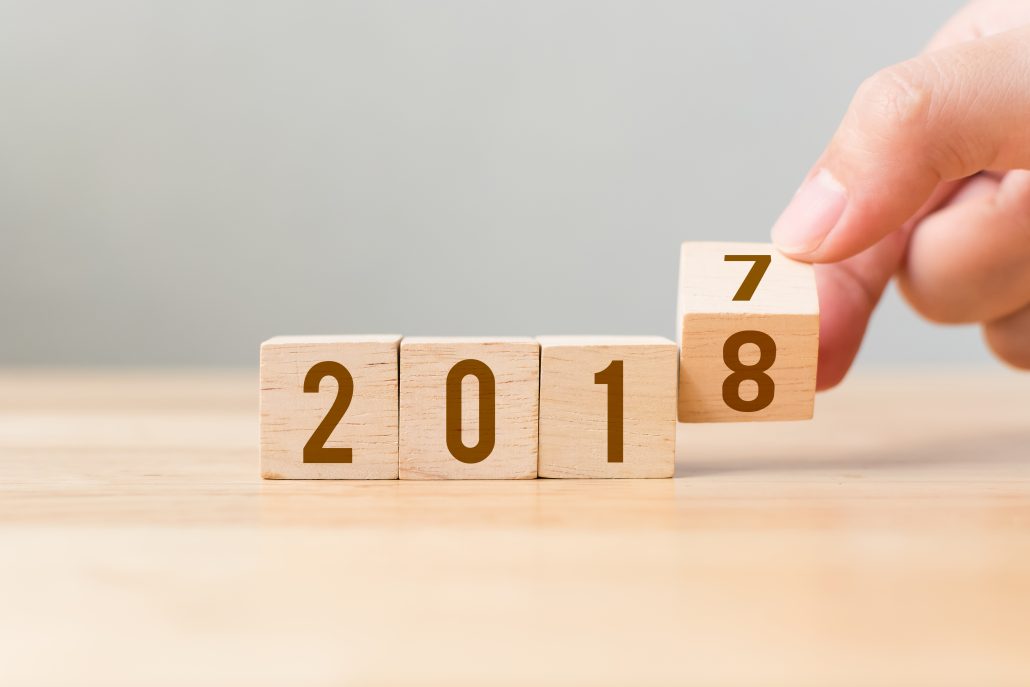
With the beginning of the new year, Palm Healthcare Company is looking forward to helping spread more exciting stories of experience, strength, and hope while also sharing important news stories and exciting new developments that relate to the world of addiction recovery and substance use disorder treatment. As we commit ourselves to another year of fighting alongside thousands of people working toward a better future, we would also like to take some time looking back on all the big moments in 2017 that we shared with our Palm Healthcare Company Blog.
-
President Trump Declares Public Health Emergency: What’s the Plan?
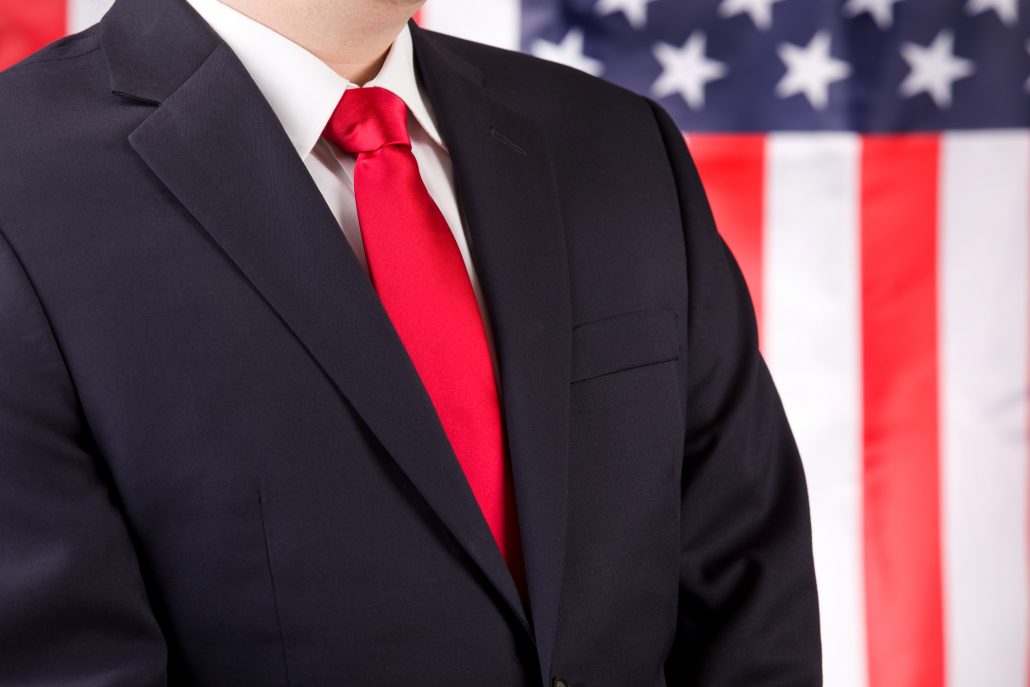
October of 2017, President Donald Trump made an announcement declaring the opioid crisis in America as a Public Health Emergency. This highly anticipated declaration was delivered in a way slightly different than many had expected, noting the technical differences between a Public Health Emergency and a National Emergency.
Many advocates were concerned that this announcement did not provide a concrete foundation for the necessary federal funding and did not initiate much-needed action, but others we assured that this means the Trump administration was taking this issue very seriously. In this article, we took a look at what this announcement did actually accomplish, and what it failed to deliver on.
-
Racketeering for Fentanyl: Opioid Maker Insys Founder Arrested for Bribes
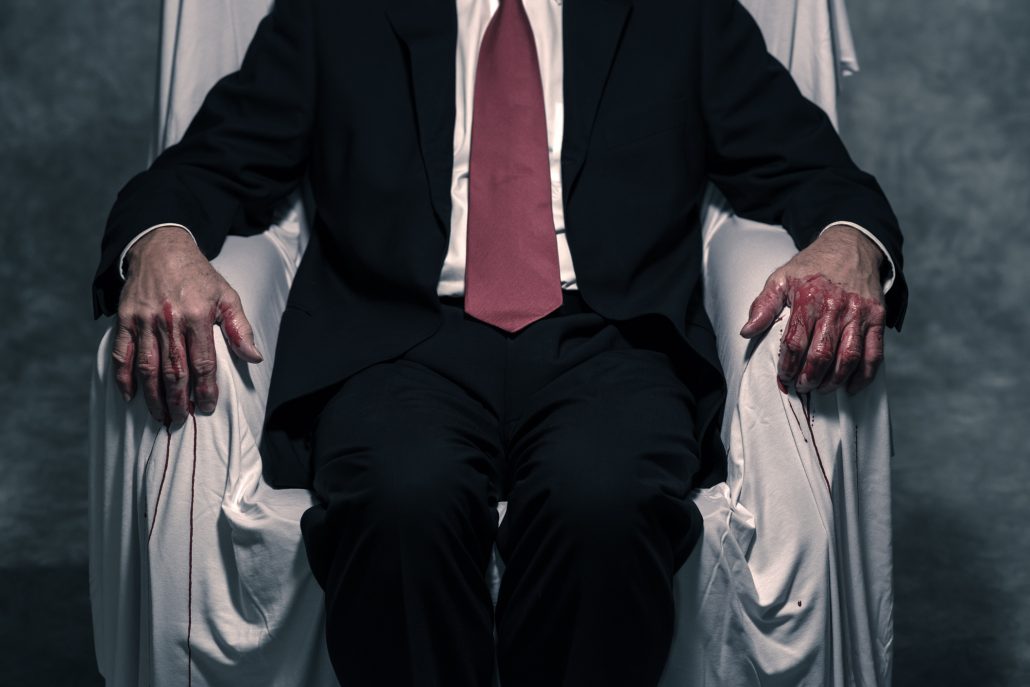
A huge development to another story came in late 2017 when John Kapoor, former CEO of Insys Therapeutics and founding father of one of the most prominent opioid manufacturers in the country, was arrested and charged with conspiring to push the signature drug of Insys Therapeutics, a Fentanyl spray called Subsys, for unacceptable uses through bribes and kickbacks.
The Palm Healthcare Company blog notes how back in 2016 the Justice Department reported to be charging 6 former executives and sales-managers of Insys Therapeutics for conspiring to defraud health insurers.
When looking at the details in this story, it has intensified the conversation about Big Pharma involvement in the epidemic
-
Can Kellyanne Conway Really Compete with the Opioid Crisis?

Not too long after President Trump’s declaration of a Public Health Emergency pertaining to the opioid crisis, Kellyanne Conway was announced as leading the charge on the White House’s efforts for addressing the opioid epidemic.
This Palm Healthcare Company blog saw a lot of comments!
While some find that having a high-profile figure at the head of the efforts gives validity to the White House’s commitment to solving the opioid issue in America, many others are speaking out in frustration. Those in opposition to this appointment say that while she may be useful as a counselor or pollster, she has no experience of expertise when it comes to drug abuse, addiction or substance use disorder treatment.
Thus far the one thing both Kellyanne and the President seem adamant about is a media campaign, but advocates are still afraid this is more “Just Say No” and not enough support for effective resources.
-
After Las Vegas Shooting: PTSD and Mental Health Must be Priority

In early October of 2016, the nation was shaken to its core when Las Vegas had one of the deadliest shootings in modern American history. This horrific tragedy flooded newsrooms and live viral footage with the country watching in shock as a gunman killed 58 people and injured 546 more at an outdoor music festival.
In the aftermath of this terrible and heartbreaking incident, our Palm Healthcare Company blog took a look at how such traumatic experiences impact people, and about the importance of those who struggle with Post-traumatic Stress Disorder (PTSD) getting proper diagnosis and care.
At a time when so many people are self-medicating with dangerous or even deadly narcotics, it is important to care for those most vulnerable, especially after such an earth-shattering experience.
-
Police Helping Addicts into Treatment is a Growing Trend Saving Lives

In August of 2017, we took a look back at several programs that had come to light all over the country based on Police Departments working with their communities to offer drug users the chance to get help with addiction treatment instead of being arrested and charged.
The pioneering program came from Gloucester Police Department in Massachusetts back in 2015. This program allowed users to ask police for help, and told addicts they could submit drugs to local law enforcement without fear of being arrested if they were willing to seek treatment. A 2016 study showed that this program was experiencing some impressive success.
Police departments in a number of other states were inspired by this and took up similar programs as a way to help their communities fight the addiction outbreak.
The Palm Healthcare Company blog took a close look at a handful of these programs to celebrate their compassion and success.
-
Sterilized for Cash: This Woman Pays Drug Addicts to Not Have Kids

Pregnant lady’s stomach and her hand holding dollar over black background
When we posted this Palm Healthcare Company blog we saw a great deal of debate in the comments on our Facebook. For over 20 years, Barbara Harris has driven across the country using cash to ask addicted women to give up their fertility. To date, the organization has paid over 7,000 people.
The controversy around such a powerful story had some people showing a great deal of support for someone giving addicted women an incentive to not get pregnant, while other people were appalled and angered that someone would entice desperate women who are not in the right mindset to make such dramatic and life-altering decisions with their bodies.
-
What Chester Bennington Taught Us about Addiction and Depression

(This content is being used for illustrative purposes only; any person depicted in the content is a model)
In July of 2017, the world lost a great artist and inspirational musician with the death of Chester Bennington, the lead singer of the band Linkin Park.
Initial reports were that Bennington had died from suicide by hanging, with later reports indicating that Chester had been drinking at the time of his death. The vocalist had been open about his struggles with depression and drug addiction over the years, and in this article, we took a look at just how much Chester Bennington could teach us about the devastation of depression and addiction.
-
Dear Media, Thank You for Bad Press
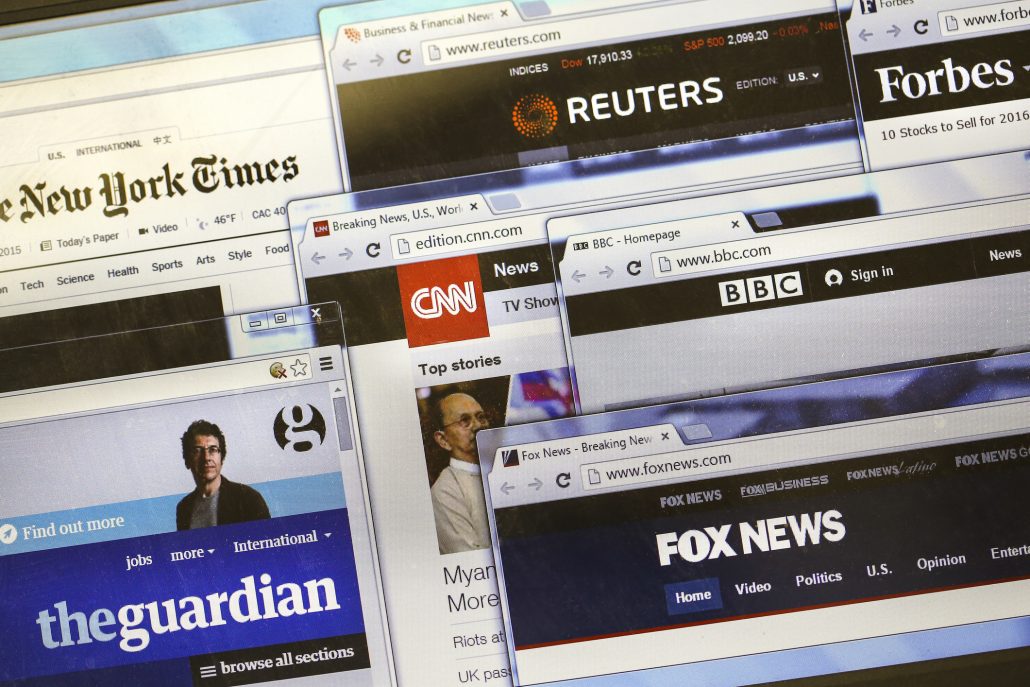
South Florida has been under a great deal of scrutiny recently, specifically concerning the issues facing the recovery community such as unethical and illegitimate sober home operators in the area. In June, there was a Megyn Kelly NBC News Investigation which focused in on Delray Beach, Florida and some of the big problems concerning unscrupulous activities from corrupt individuals exploiting drug addicts in need of help.
We took this time to look over some of the bigger stories concerning the illicit activities in South Florida with the recovery industry while showing support and gratitude for all those working together to try and put an end to operators who are taking advantage of people in need of help.
-
Palm Healthcare Measures Up to Addiction Treatment Outline for EAP
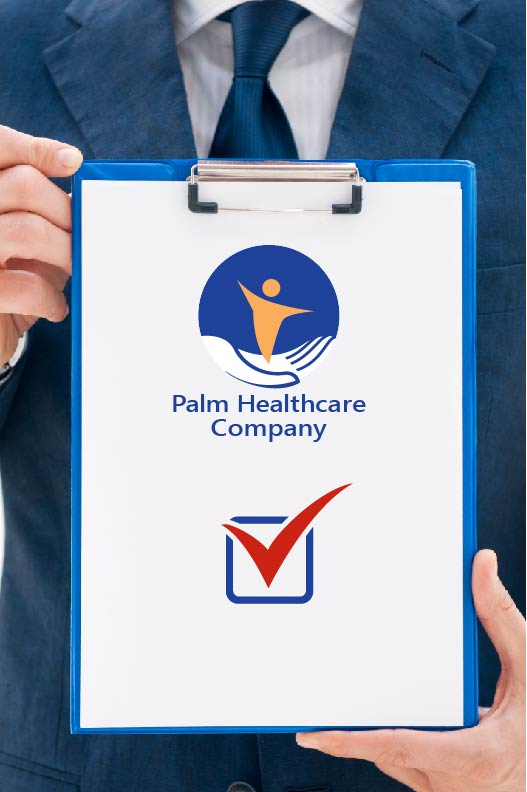
In September of 2017, we took a very close look at an article written by the Journal of Employee Assistance that was designed to help Employee Assistance Programs (EAPs) find the right kind of addiction treatment programs to recommend to their clients.
The outline given for EAPs to find effective and reliable addiction treatment options gives a list of things to look for. The Palm Healthcare Company blog was happy to show off just how all of our facilities measure up to these crucial standards.
Keep an Eye Out for More
Palm Healthcare Company continues to try and share every treatment development, news story or exciting innovation on our blog to not only help more people learn and raise awareness but to offer some perspective and maybe ask some new questions.
Whether it is sports, celebrities, news or politics we are committed to talking about important stories that pertain to drug policy in America, substance use disorder, mental health, and personal wellness. We will continue to touch on the top stories of 2018 to spread the word and hopefully inspire more people to get involved in these crucial conversations.
2017 was an intense, innovative and inspiring year. Here is to hope for 2018.
Holistic addiction treatment means incorporating every aspect of life for each individual with personalized opportunities for lasting recovery. So every bit of information can help anyone make a more comprehensive decision about what kind of recovery plan they want. If you or someone you love is struggling, please call toll-free now.
CALL NOW 1-888-922-5398













